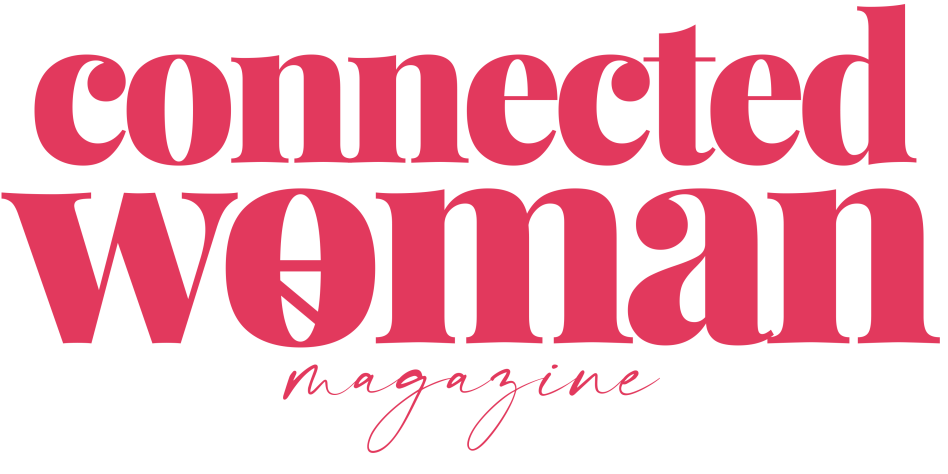 Recently I worked with a leadership team of 30 people – comprised of 10 women and 20 men. An all-too-familiar pattern emerged in their 360-degree leadership assessments. The women were consistently rated 15-30 percentile points higher by their peers and managers, then how they rated themselves.
Recently I worked with a leadership team of 30 people – comprised of 10 women and 20 men. An all-too-familiar pattern emerged in their 360-degree leadership assessments. The women were consistently rated 15-30 percentile points higher by their peers and managers, then how they rated themselves.
On the flip side, the men frequently overestimated their leadership abilities, rating themselves 5-50 percentile points higher than their colleagues assessed them. This stark contrast in self-perception underscores a larger issue we must address: men and women often need different supports to thrive in leadership.
The Confidence Gap Is Real
This disparity in self-assessment isn’t just anecdotal—it’s supported by extensive research. Studies have repeatedly shown that women tend to underestimate their abilities, while men are more likely to overestimate theirs. A 2019 study by McKinsey & Company found that women are less likely to see themselves as ready for promotions, even when they outperform their male counterparts. In contrast, men are more inclined to put themselves forward for leadership roles, even if they don’t meet all the qualifications.
This confidence gap has profound implications for career progression. Women’s reluctance to self-promote can hold them back from taking on leadership roles, while men’s overconfidence may result in leadership styles that lack self-awareness and critical reflection. Addressing this gap is crucial because we need all genders to bring their strengths to leadership roles.
 Why Perception Matters
Why Perception Matters
The way leaders view themselves directly impacts how they show up at work. A woman who consistently underestimates her abilities may be less likely to speak up in meetings, take initiative on projects, or advocate for herself during performance reviews. On the other hand, a man who overestimates his abilities may not seek feedback or recognize areas where improvement is needed, which can hinder his effectiveness as a leader.
The data from the 360-degree leadership assessments reveal these tendencies in real-time. Women often show more self-doubt, even when their colleagues rate them highly for their leadership capabilities. Men, on the other hand, may fail to see the gaps that others have pointed out in their leadership styles. Both scenarios point to a need for tailored coaching that acknowledges these gendered tendencies and helps individuals align their self-perception with reality.
Different Supports for Different Needs
To truly support leaders across all genders, organizations need to recognize that one-size-fits-all leadership development programs simply won’t cut it. Women leaders, for example, often benefit from confidence-building strategies, such as self-advocacy training, mentorship, and structured feedback that helps them see their strengths more clearly. Encouraging women to take risks and lead projects can provide them with the validation they need to grow in confidence.
For men, coaching may need to focus on self-awareness and humility. Overconfidence can lead to stagnation, as leaders who believe they’ve “arrived” may fail to seek out critical feedback. In this case, coaching should emphasize the importance of continuous learning, receiving feedback, and understanding the impact of their leadership style on their teams.
The Need for Inclusive Leadership
The differences in how men and women view themselves as leaders also highlight a deeper truth: we need all genders to contribute their unique leadership strengths in order to create inclusive and high-performing organizations. Women often excel at empathy, collaboration, and consensus-building, while men may bring strengths like decisiveness and risk-taking. But these are not gender-exclusive traits; it’s about creating an environment where all leaders can develop a balanced set of skills.
To build that balance, organizations must invest in leadership development that is intentional about gender dynamics. This includes creating safe spaces for women to speak openly about their challenges, offering mentorship that reflects the unique barriers they may face, and fostering a culture where men are encouraged to cultivate self-awareness and empathy. In doing so, we equip all leaders—regardless of gender—to succeed.
 Moving Forward
Moving Forward
The data from my recent work with the leadership team isn’t an isolated incident; it’s a reflection of a wider issue that permeates many workplaces. Addressing these gender differences in leadership perception requires organizations to rethink how they approach leadership development, creating space for all genders to grow into their full leadership potential. We must remember that true leadership is not about overestimating or underestimating abilities—it’s about knowing your strengths, acknowledging areas for improvement, and constantly striving to be better.
Let’s make sure we’re building a leadership culture that empowers everyone—women and men alike—to step confidently into their roles and bring their unique value to the table. After all, leadership is not about who’s louder or more confident—it’s about who’s capable, empathetic, and committed to growth. And that’s something we all need, no matter our gender.
———————————-
Ready to take the next step? Help drive organizational innovation with a customized leadership and culture strategy for your organization using our research backed models. Available leadership coaching, culture audits, culture strategy development, and equity and belong framework design to contribute to the overall thriving of individuals and communities. Mykella invites readers to join her in making 2024 the year of personal and professional well-being.
Follow me on Instagram, LinkedIn, BRAINZ Magazine, WomLEAD Magazine, and visit my website for more info!
